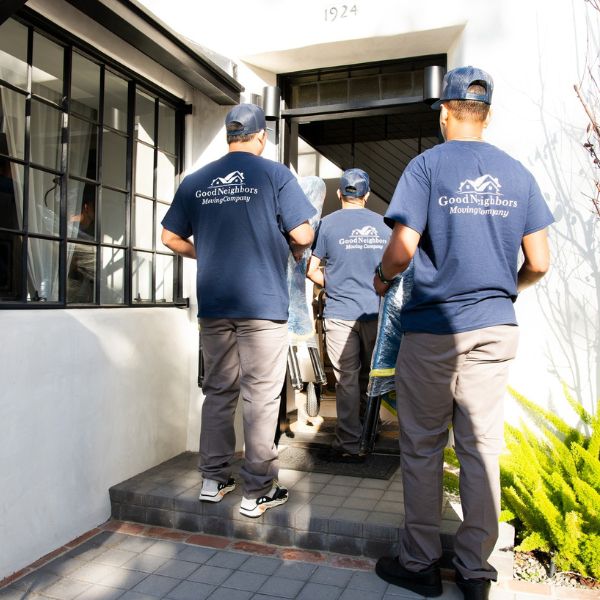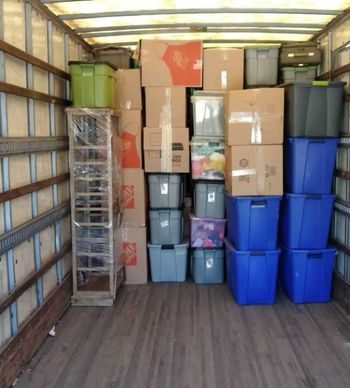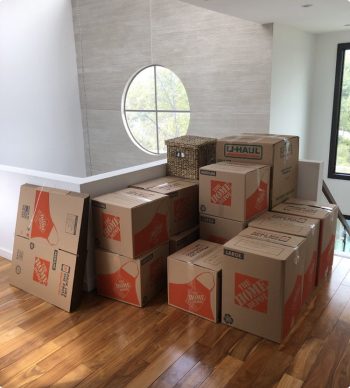324 Google reviews
102 Yelp reviews
13 Facebook reviews
18 Verified Reviews
Trusted Moving Solutions in Los Angeles

Local Movers
Our local movers will help you relocate across Los Angeles and the surrounding areas quickly and efficiently.

Storage Services
If you are looking for storage services you have come to the right place! Contact us to learn about our storage options.

Residential Movers
From a starter home to a large family house, you can trust your
personal belongings with our professional home movers.

Commercial Movers
Moving your LA based business? We’ll get your office packed, moved, and on to its next location quickly and securely.

White Glove Movers
Whether it’s an antique, fine art, or something else of value, our
movers are trained to delicately move your belongings.

Packing Services
Need help packing? We offer full service wrapping and packing at both our Los Angeles and Costa Mesa locations.
Professional Moving Company Los Angeles Residents Turn To
At Good Neighbors Moving Company, we value our client’s possessions, privacy, and time. That’s why we make sure to provide you with the best movers Los Angeles has ever seen. The main goal of our dedicated team is customer satisfaction, so we offer extremely affordable rates for our expedient moving and packing services.
Established back in 2013, Good Neighbors Moving Company has since become one of the best-known and most reliable moving companies in the area. Ever since day #1, we’ve strived to become the go-to moving company in Los Angeles in matters of residential and commercial relocation.
Excellence
Value
Competence
Honesty
Professional Moving Company Los Angeles Residents Turn To
At Good Neighbors Moving Company, we value our client’s possessions, privacy, and time. That’s why we make sure to provide you with the best movers Los Angeles has ever seen. The main goal of our dedicated team is customer satisfaction, so we offer extremely affordable rates for our expedient moving and packing services.
Established back in 2013, Good Neighbors Moving Company has since become one of the best-known and most reliable moving companies in the area. Ever since day #1, we’ve strived to become the go-to moving company in Los Angeles in matters of residential and commercial relocation.





